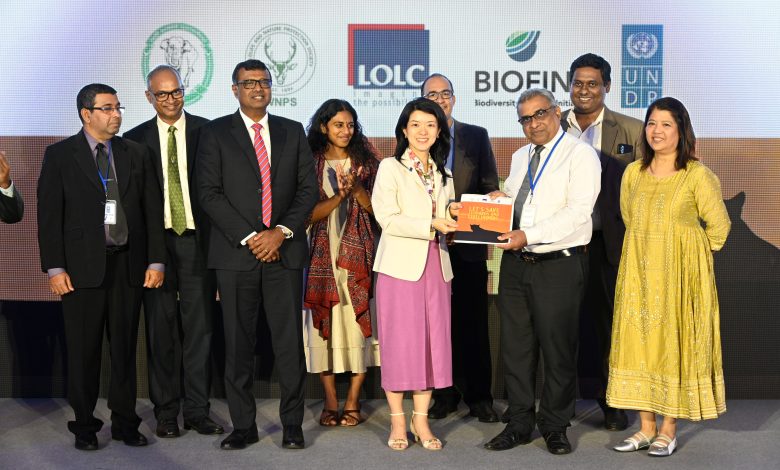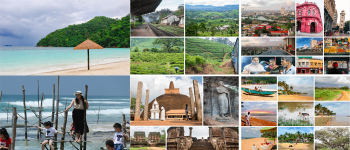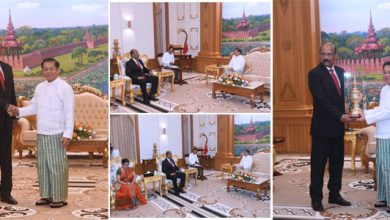“Leopards, Livelihoods, and Livestock: Sri Lanka’s Bold Bet on Insurance for Coexistence”

In an ambitious move to address rising tensions between humans and wildlife, Sri Lanka has unveiled a pioneering Livestock Insurance Scheme aimed at reducing conflict with the endangered Sri Lankan Leopard (Panthera pardus kotiya). This innovative initiative—launched by the UNDP’s Biodiversity Finance Initiative (BIOFIN), the Wildlife and Nature Protection Society (WNPS), LOLC Insurance, and the Department of Wildlife Conservation—is the first of its kind in the country.
As leopard habitats shrink and natural prey dwindles, these apex predators are increasingly venturing into human settlements, preying on livestock and triggering economic losses for rural farmers. In response, the new scheme offers rapid financial compensation, typically within 72 hours, to farmers who report verified cases of leopard predation.
But the initiative goes beyond payouts. It is part of a holistic strategy that includes community education, improved data collection, and proactive solutions such as predator-proof enclosures, shared livestock housing, and a proposed ‘Cattle Bank’ to replace lost animals. The goal is to prevent retaliatory killings—like poisoning and snaring—that have pushed leopard populations further toward danger.
Backed by scientific research from WNPS’s multi-regional leopard conservation project, the programme reflects a shift from reactive conservation to community-based coexistence. It underscores the belief that sustainable wildlife protection must also protect people’s livelihoods.
As UNDP Sri Lanka’s Azusa Kubota put it, the initiative is not just about funding—it’s about embedding conservation within national policy and local practice, ensuring that both nature and rural communities can thrive together.






